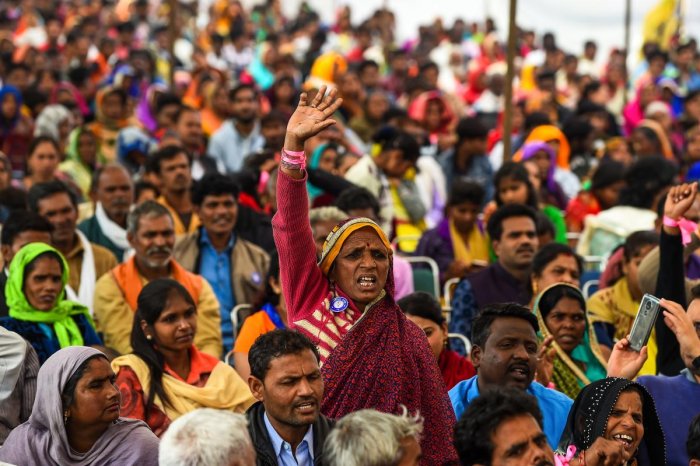Shalini is into prostitution – she has a kid who she needs to feed, and she could not think of any other way to survive. The trouble is that in spite of the fact that she is confident, has learnt to survive, she still finds herself at the losing end, when it comes to negotiating for her payment.
Dholak is an auto-driver. She is the only child of her parents. So, when her father fell sick, she had to rise to be the only bread-earner for her family. She took out her father’s auto-rickshaw and went to town for the first time, wearing a proper uniform. Several glances and pithy comments later – she now knows that she can survive, but even years later, she still finds it difficult to cut through the hesitation that many men feel in getting in her auto, even at peak traffic hours.
Sunaina is a law graduate who has always felt strongly about the rights of tribal and adivasis. She went to work with a local Human Rights’ Organization, that had been working for decades for the advocacy of tribal’ rights. When she saw the atrocities first-hand, and nature of state suppression, she felt herself too weak to bring about a change, all by herself. She persevered though and fought several cases, representing the tribal against big corporate lobbies.
Each of these women have given the best fight possible, without succumbing to their circumstances, and without feeling like a victim. Yet, the common thread that comes across these stories and similar stories from across India is the lack of ‘systemic measures’ to help ameliorate their situation. Any suppressed group or community needs systemic interventions by the state and the government, at multiple levels, if we are to see any significant leaps. Individual stories are also a reflection of their collective status, which unless women’s voices are mainstreamed, will be hard to act upon. Women in India need to look at the example set by those belonging to scheduled castes and scheduled tribes. Until a few decades earlier, the members of the SC and ST did not have any collective political voice in India, leading to their neglect and marginalisation by all political parties. It is only when their voices and issues were mainstreamed through political organisation, that a slew of reforms ushered in. We are witnessing the same today with the farmers’ organising themselves. Women too, and all those serious about women’s rights, need to find ways to bring women across India together, and to ensure that women are obsessed about their political status, not just their married/unmarried status.
Given the historical discrimination that women have faced, to think that women fighting all by themselves as individuals is sufficient to empower them, is living in a fool’s paradise. World-over, only countries that have taken systemic reforms have been able to show any significant, measurable development in women’s status. For e.g. Rwanda has the highest percentage of women in the Parliament – 61.3 %. This success rate can only be understood by looking at the policy and legal reforms that Rwanda took, most importantly reservation of seats for women in Parliament, that helped it turn around from the dismal figure of 18% women representation in Parliament in 1990 to the current figures. All other countries which have managed to strengthen women’s political voices such as Cuba, Bolivia, Mexico, apart from the Nordic countries, have undertaken a spree of reforms for women empowerment and equal political representation.
When we look around India of today, one cannot help but feel the desperation of women, irrespective of which category, class, or socio-economic status they come from.
Women uprisings or collective energy which was witnessed during the Shaheen Bagh movement and now of the female farmers in the farmers’ movement has given rise to an undercurrent that needs to be channelised for strengthening women’s voices in India. This is perhaps palpable by the current government which is ensuring that young and old women leaders, who speak up, have to pay a price for the same – the many examples include that of Ishrat Jahan, SafooraZargar, DevanganaKalita and Natasha Narwal, Sudha Bhardwaj and HidmeMarkam.
Women have nowhere to go but towards laying out their own destiny in the broader scheme of things in this country. This country also belongs to them, but it is time that women, keeping the challenges of intersectionality debate in mind, still come together and speak up for a cause that unites them all – mainstreaming their voices in politics. Because personal is political.


